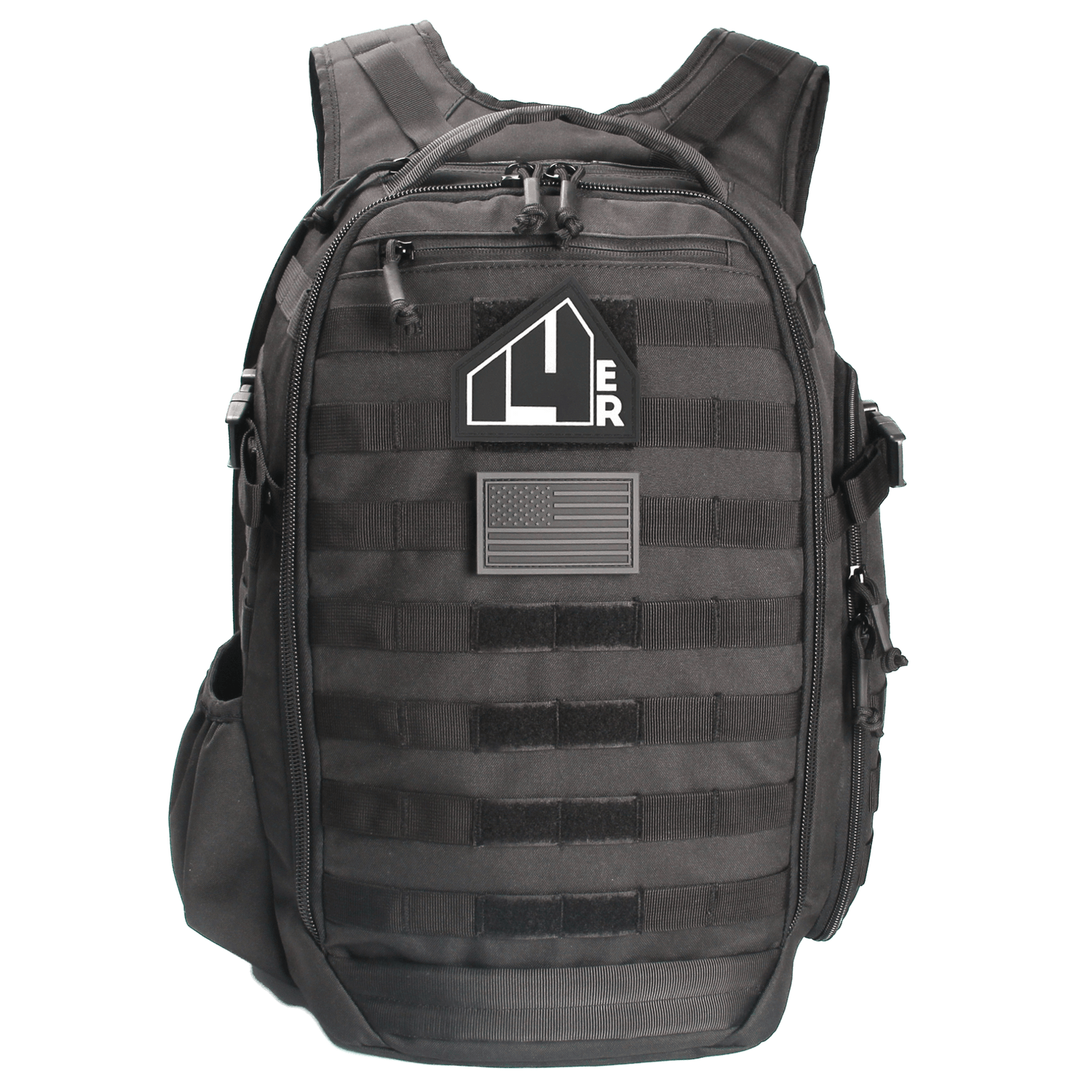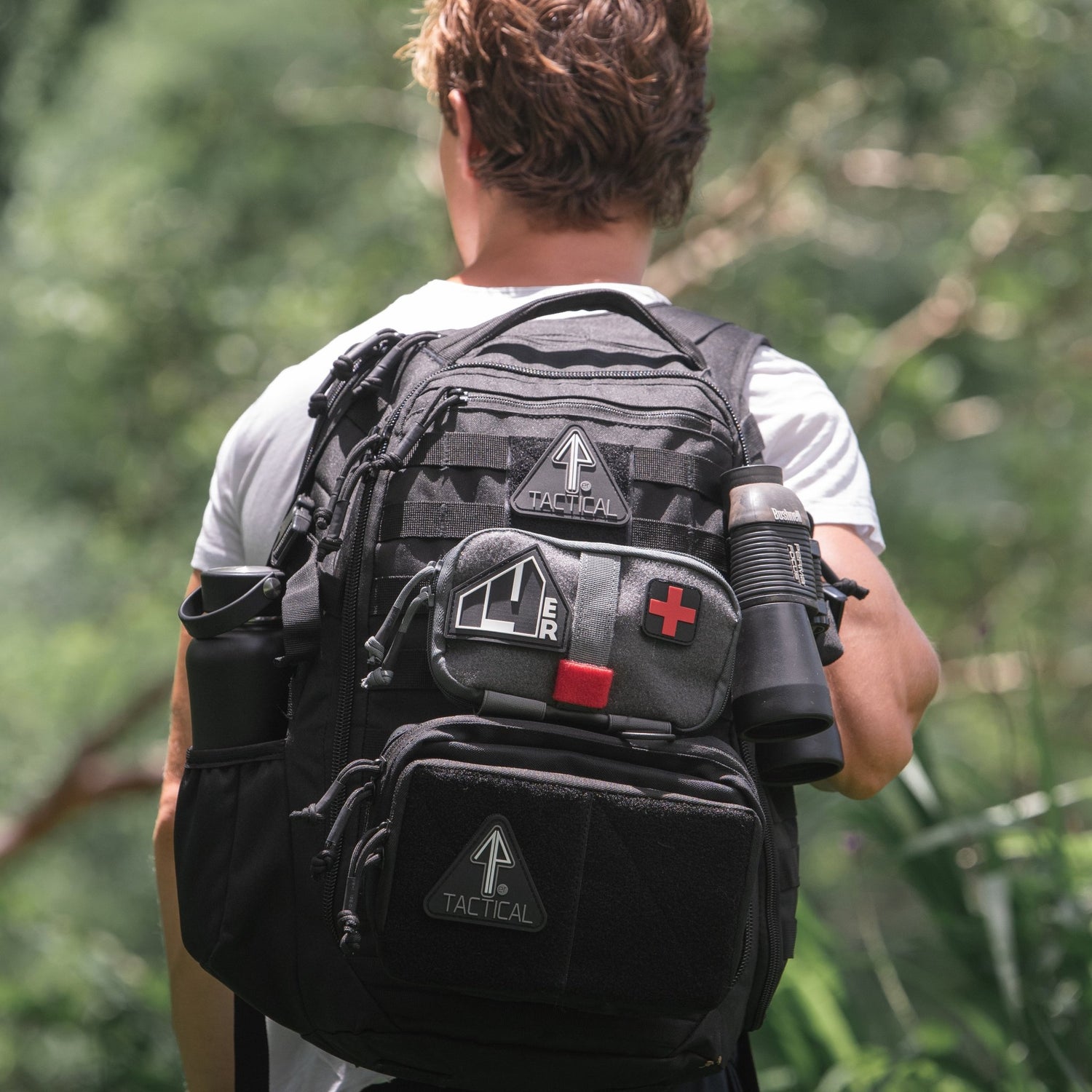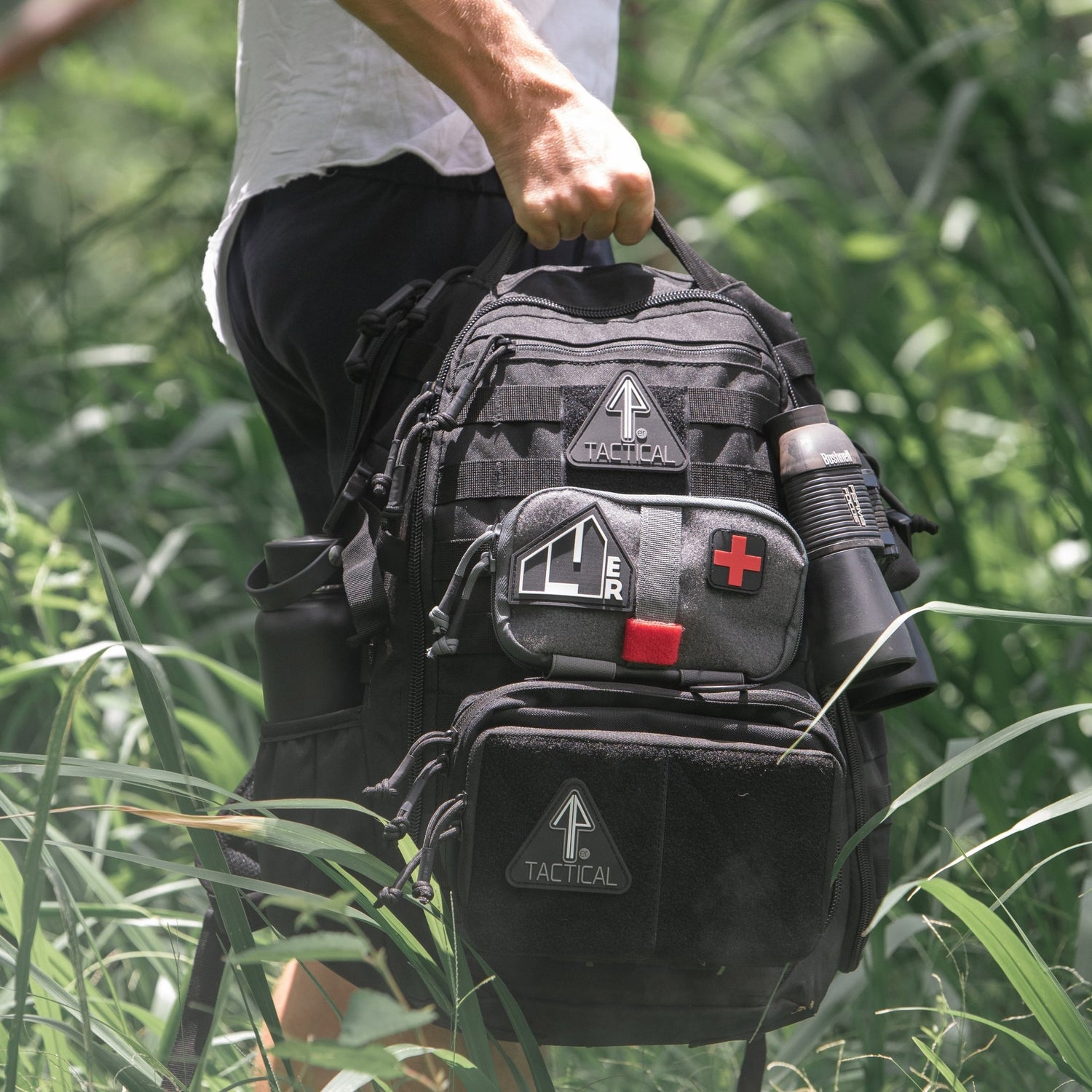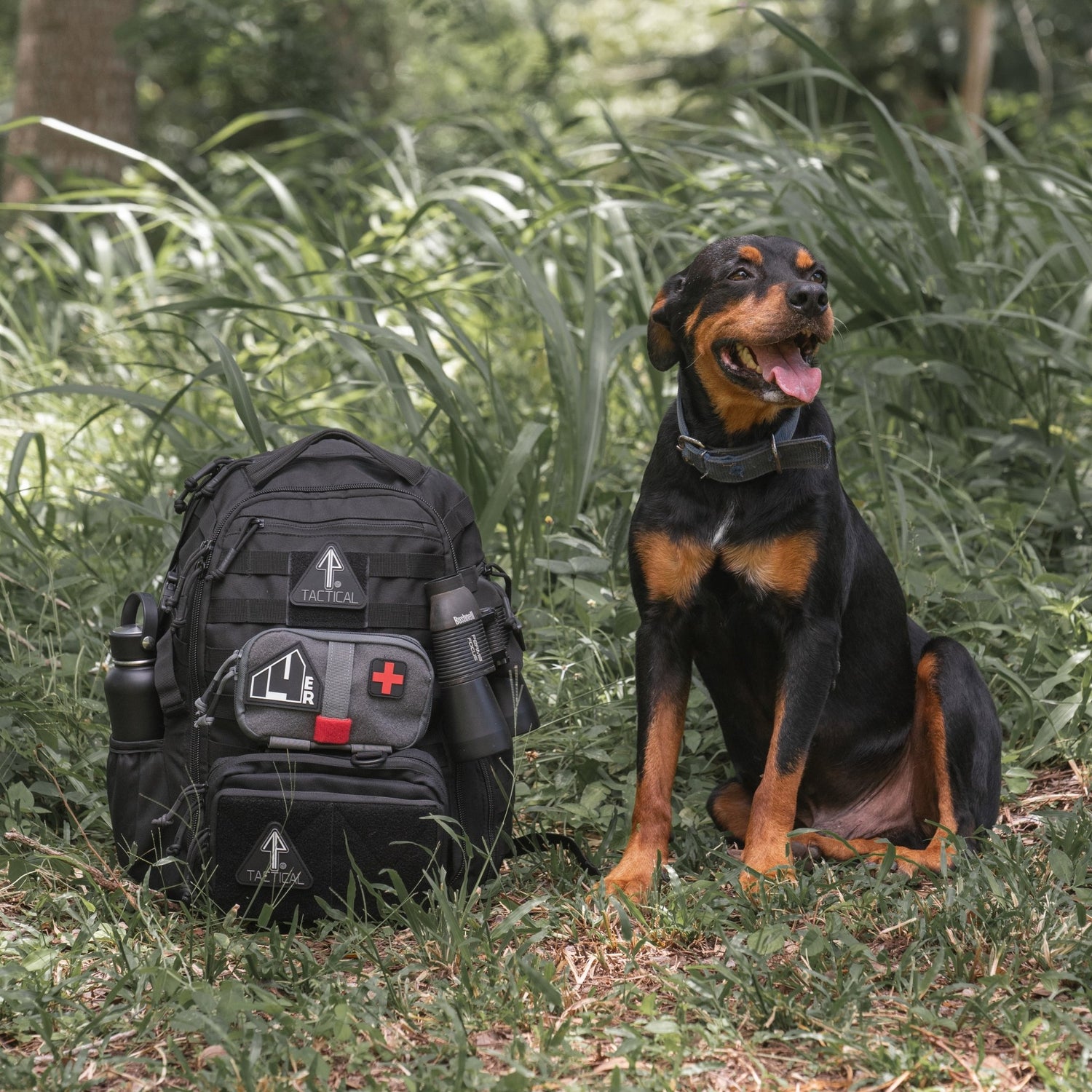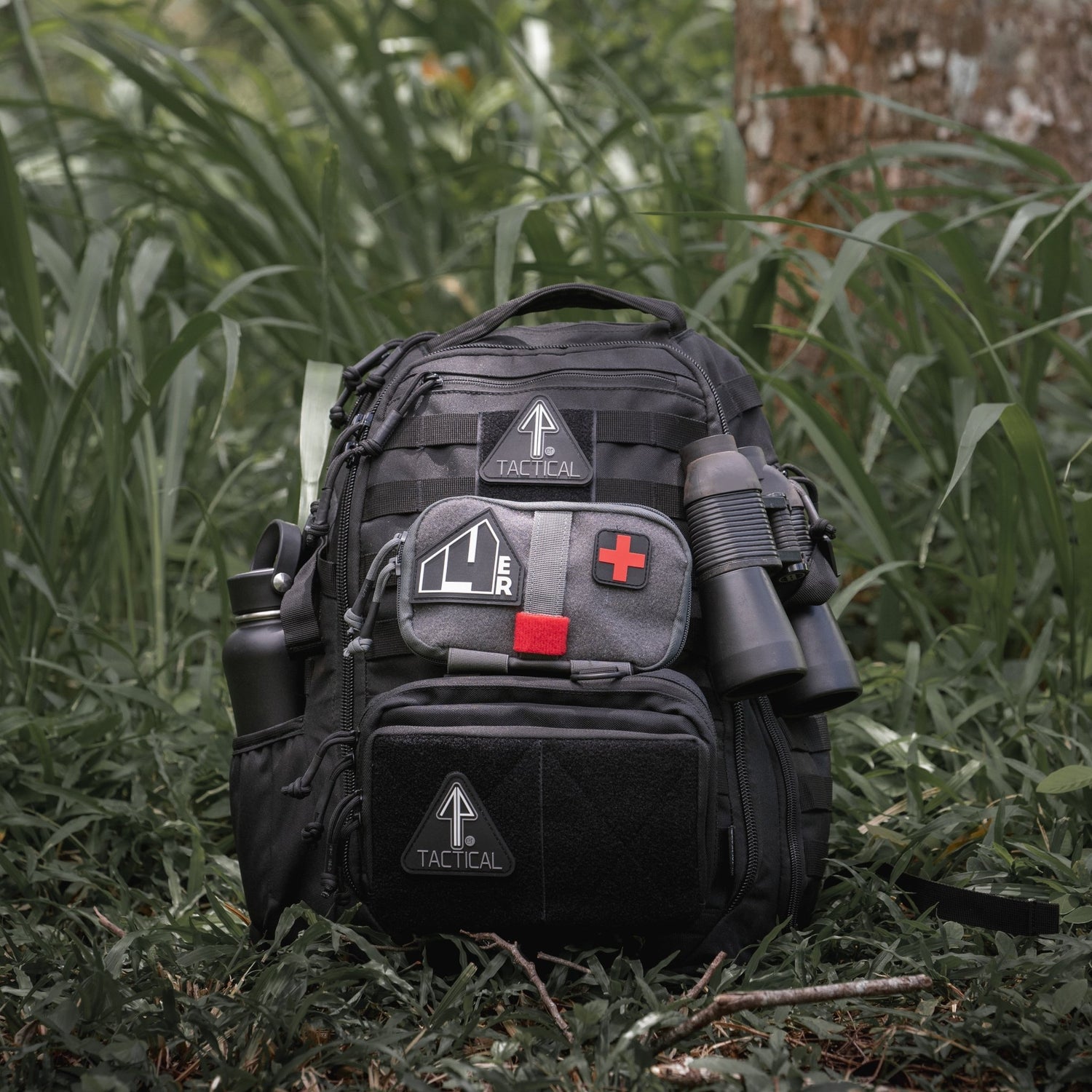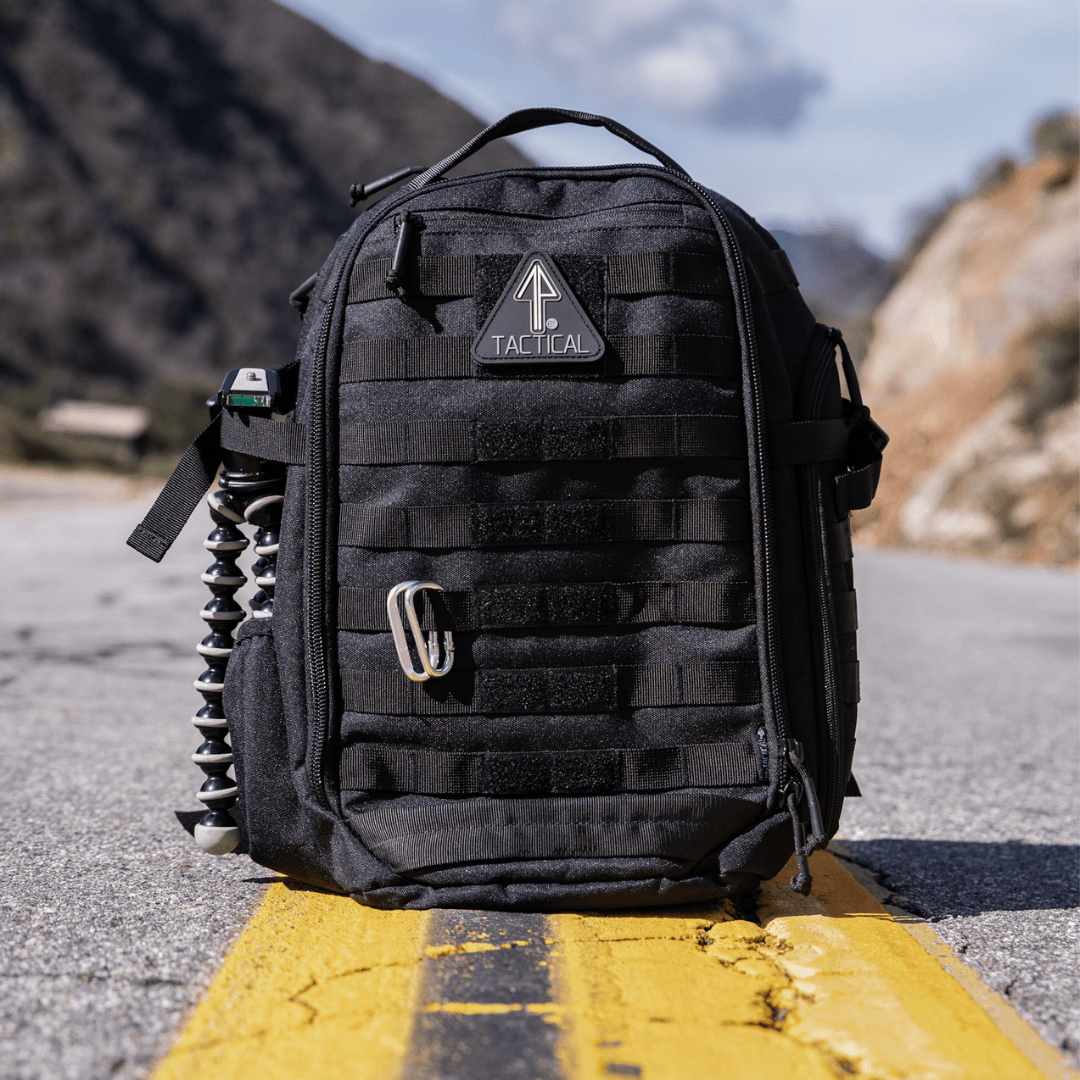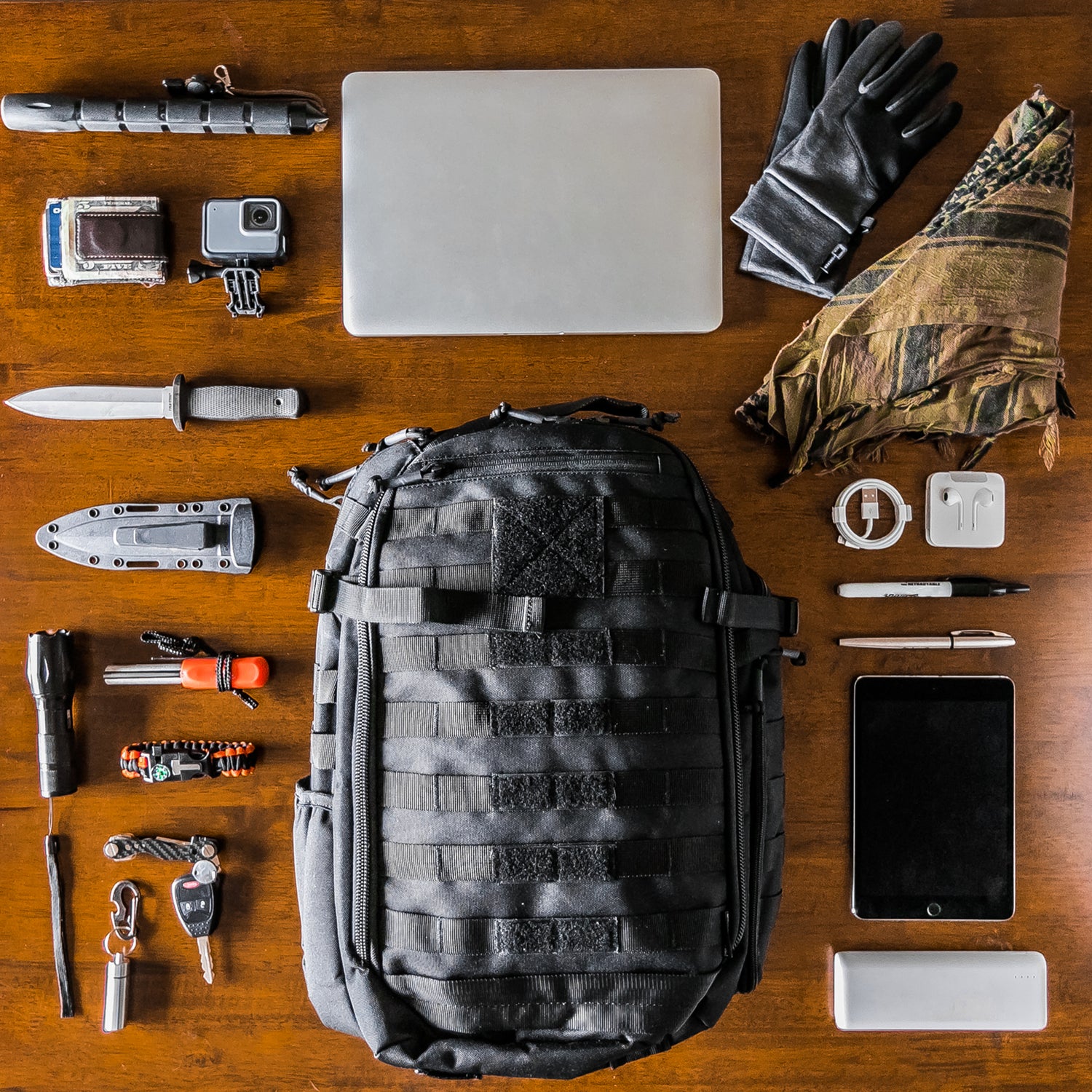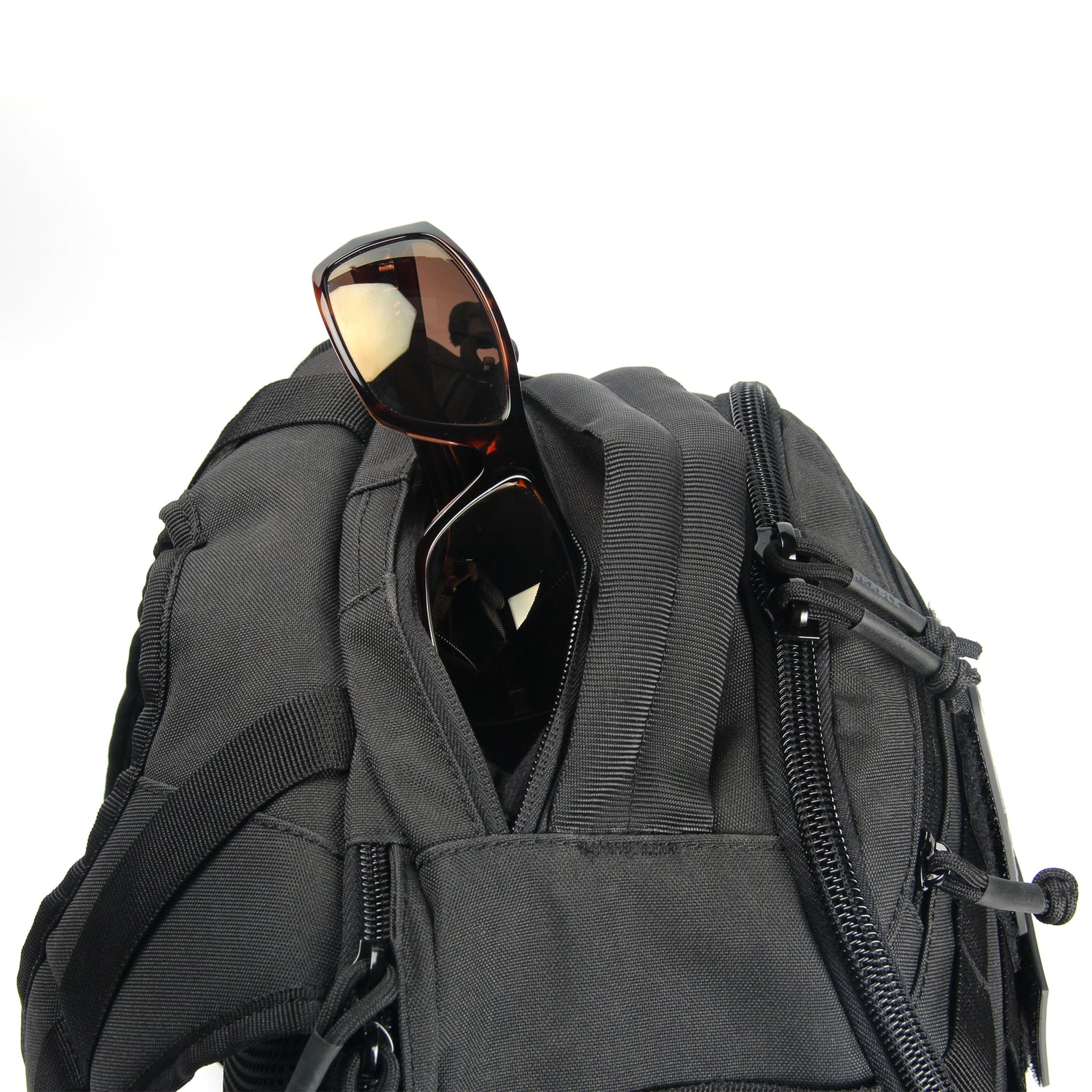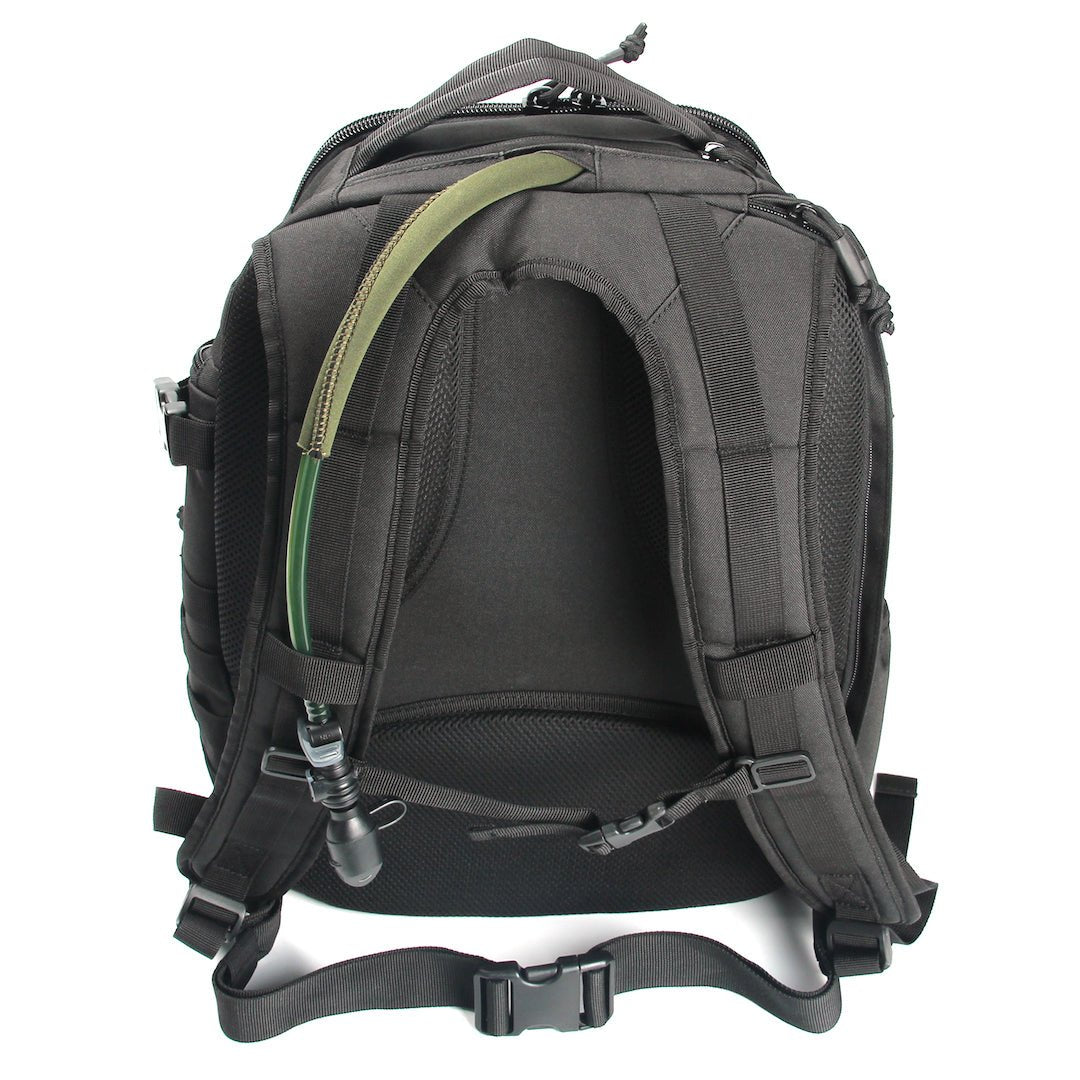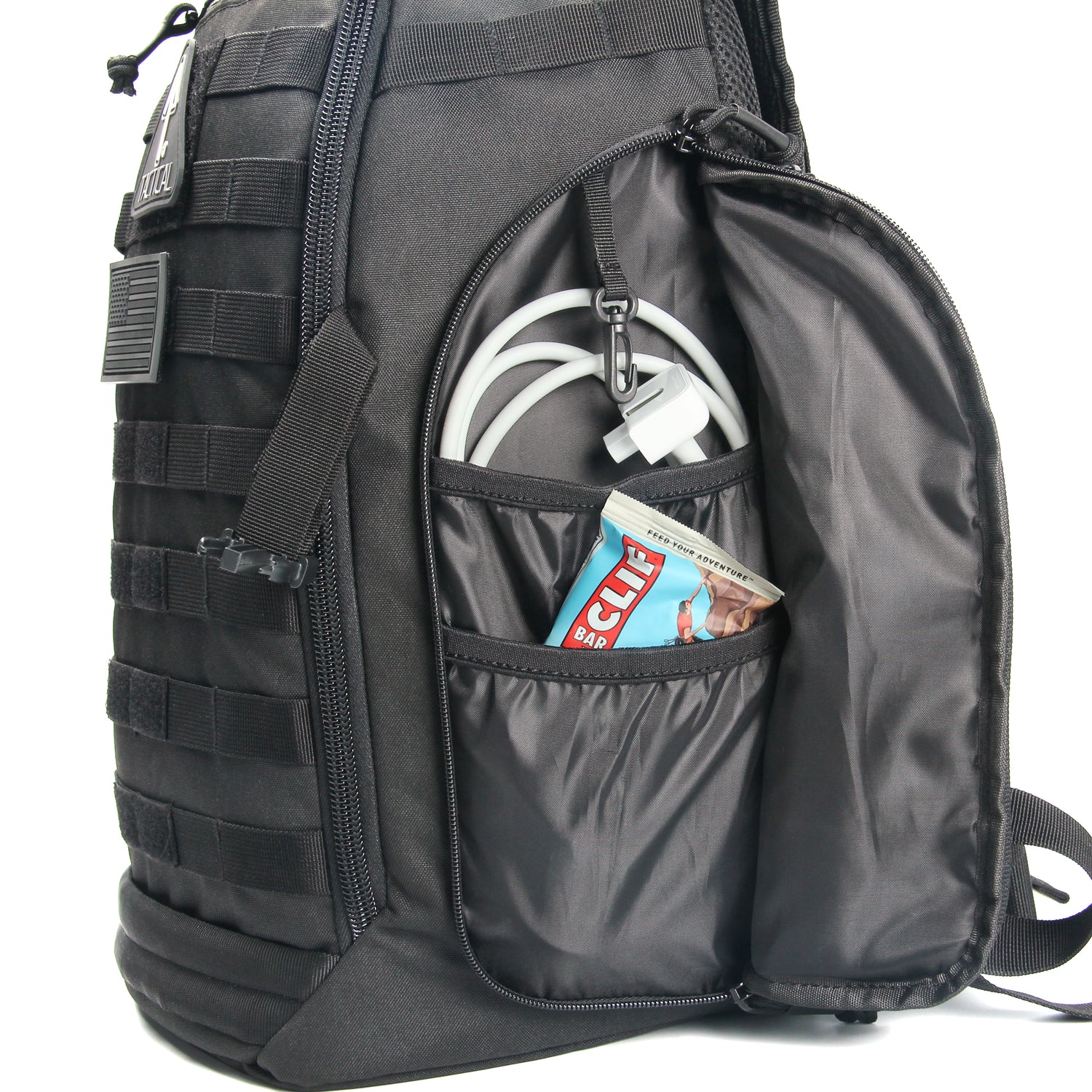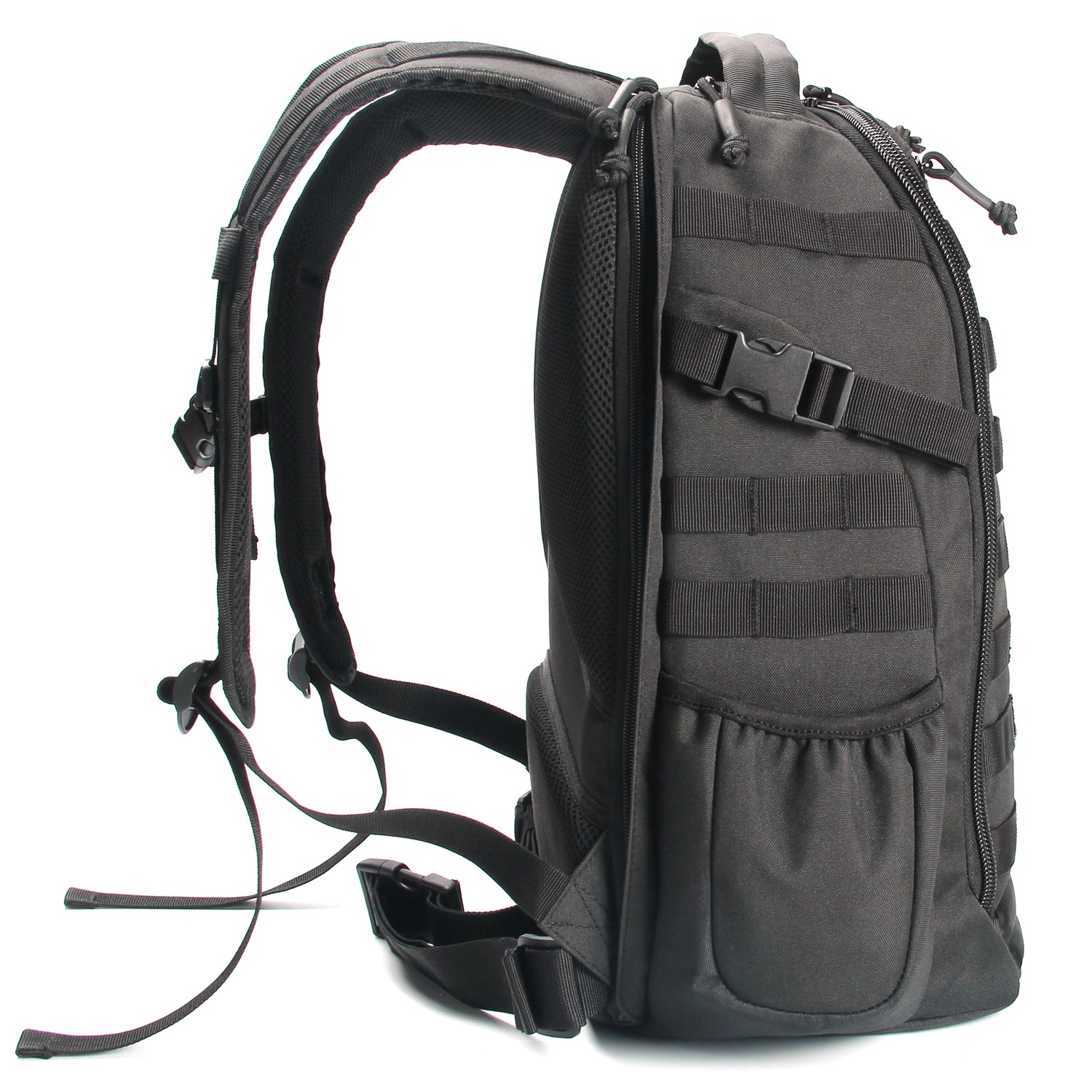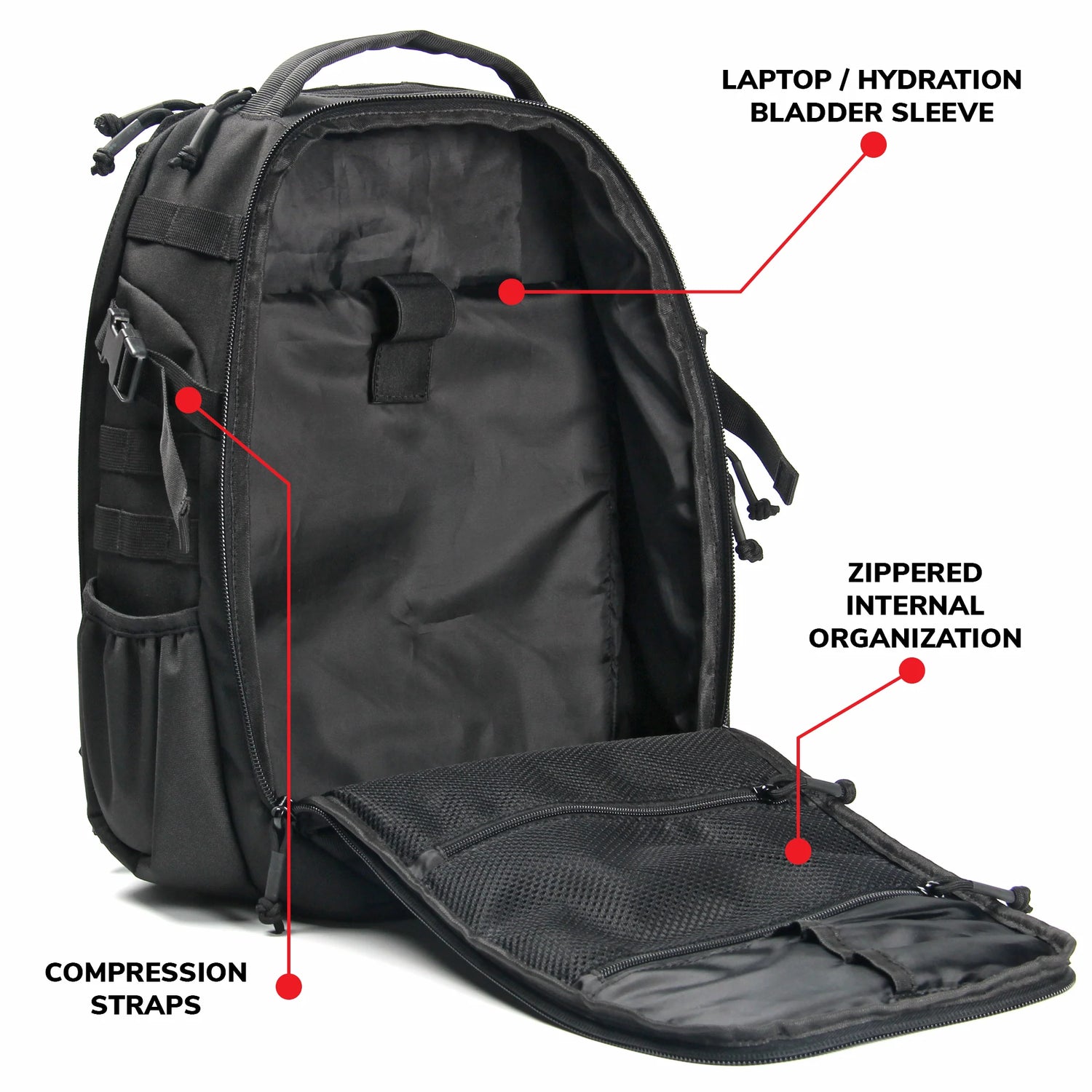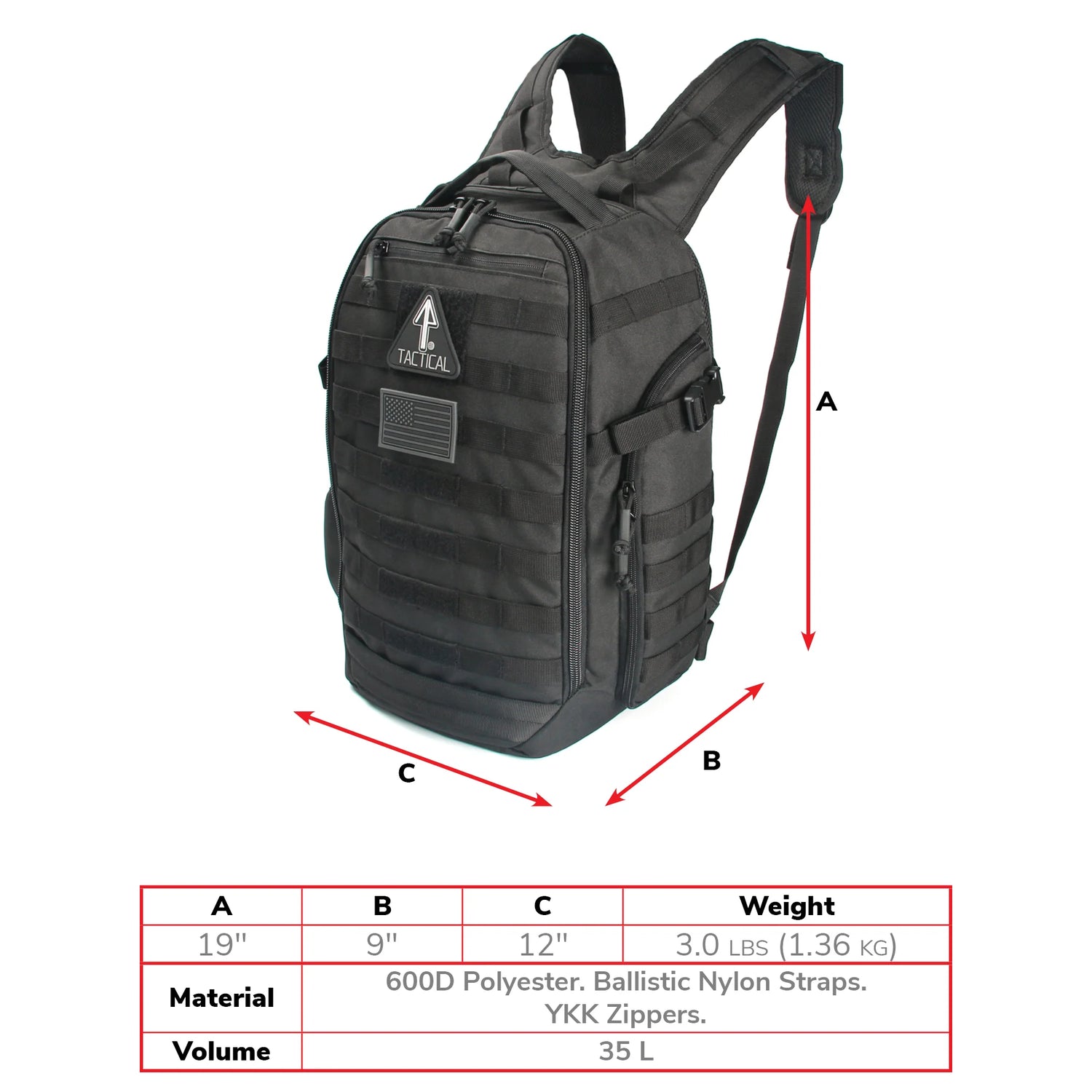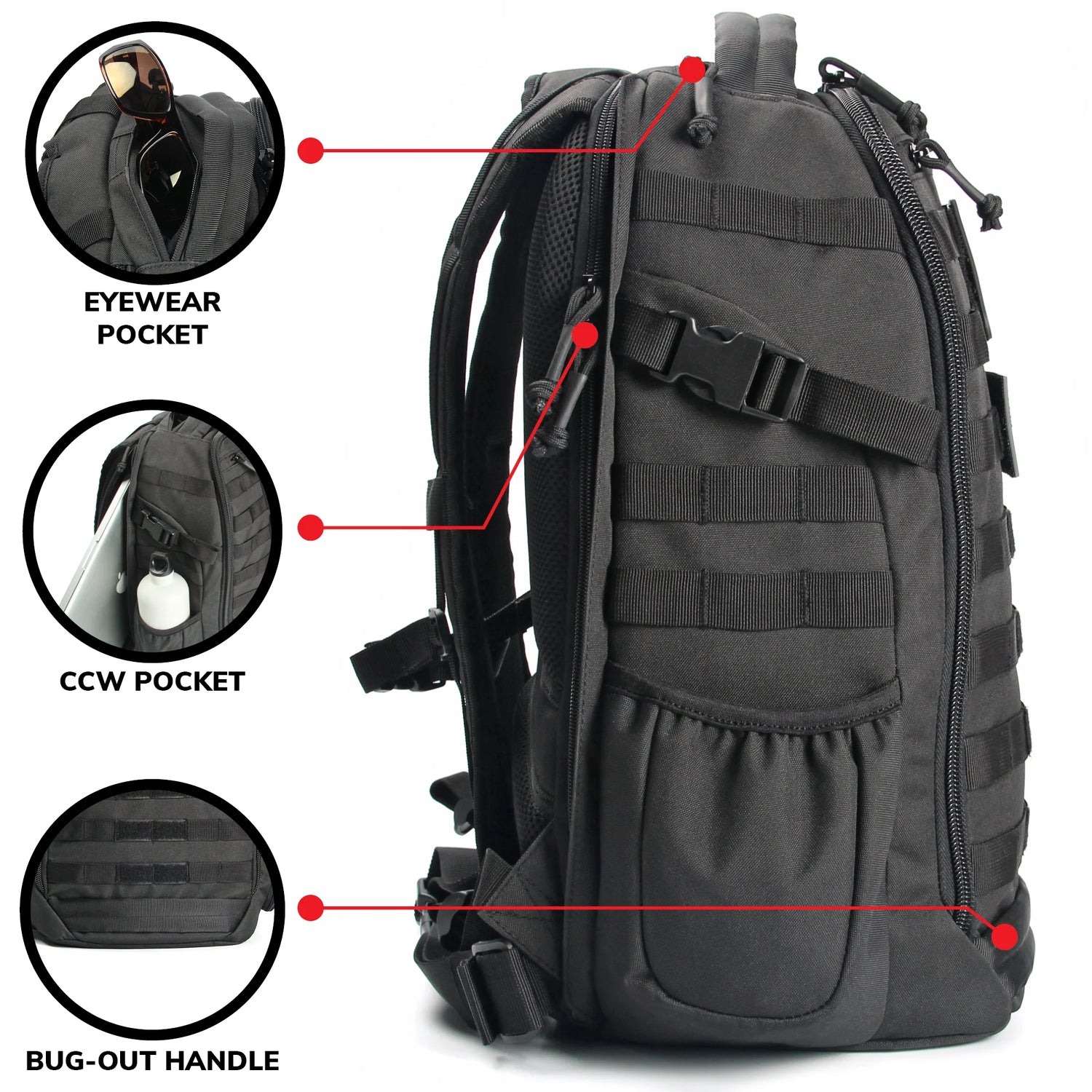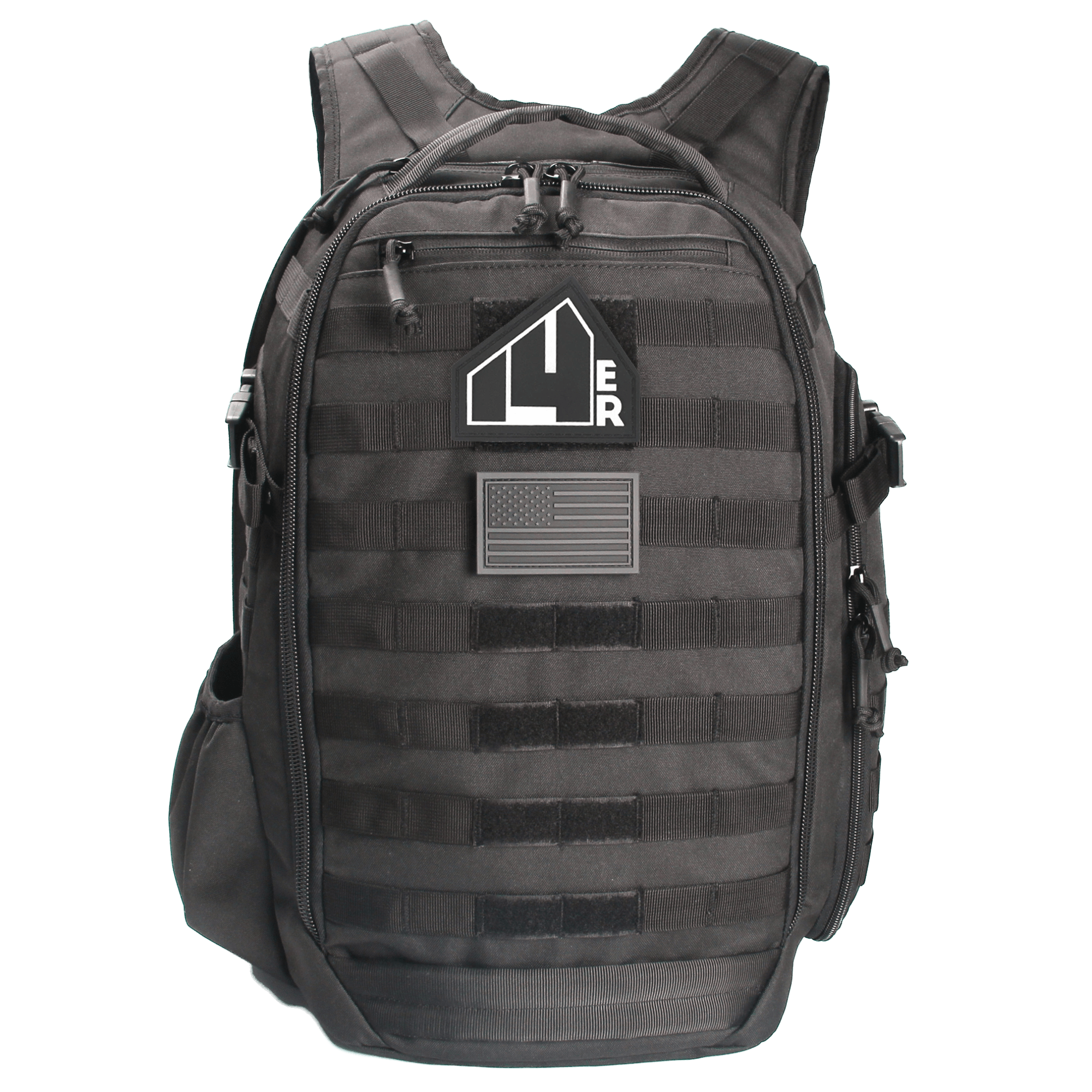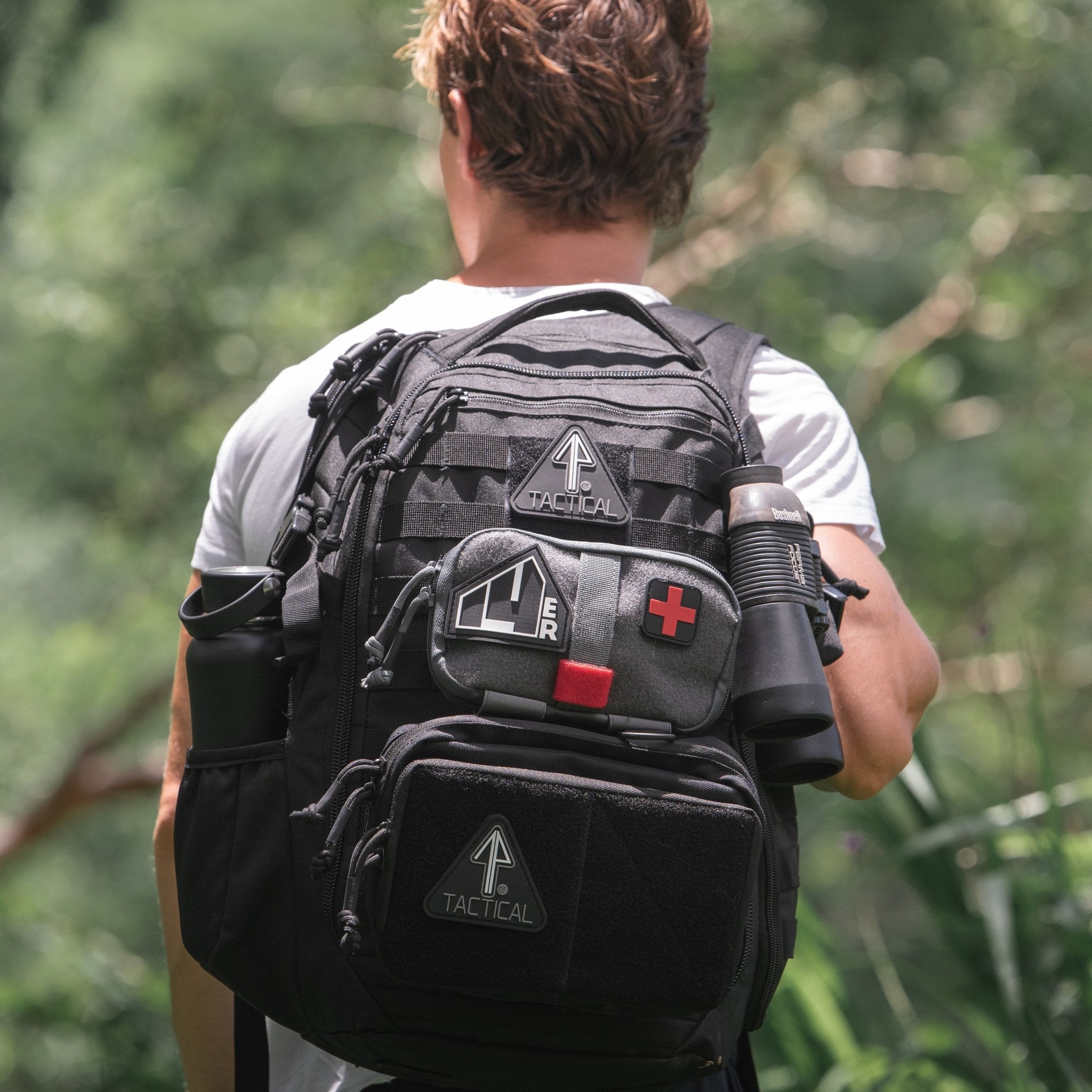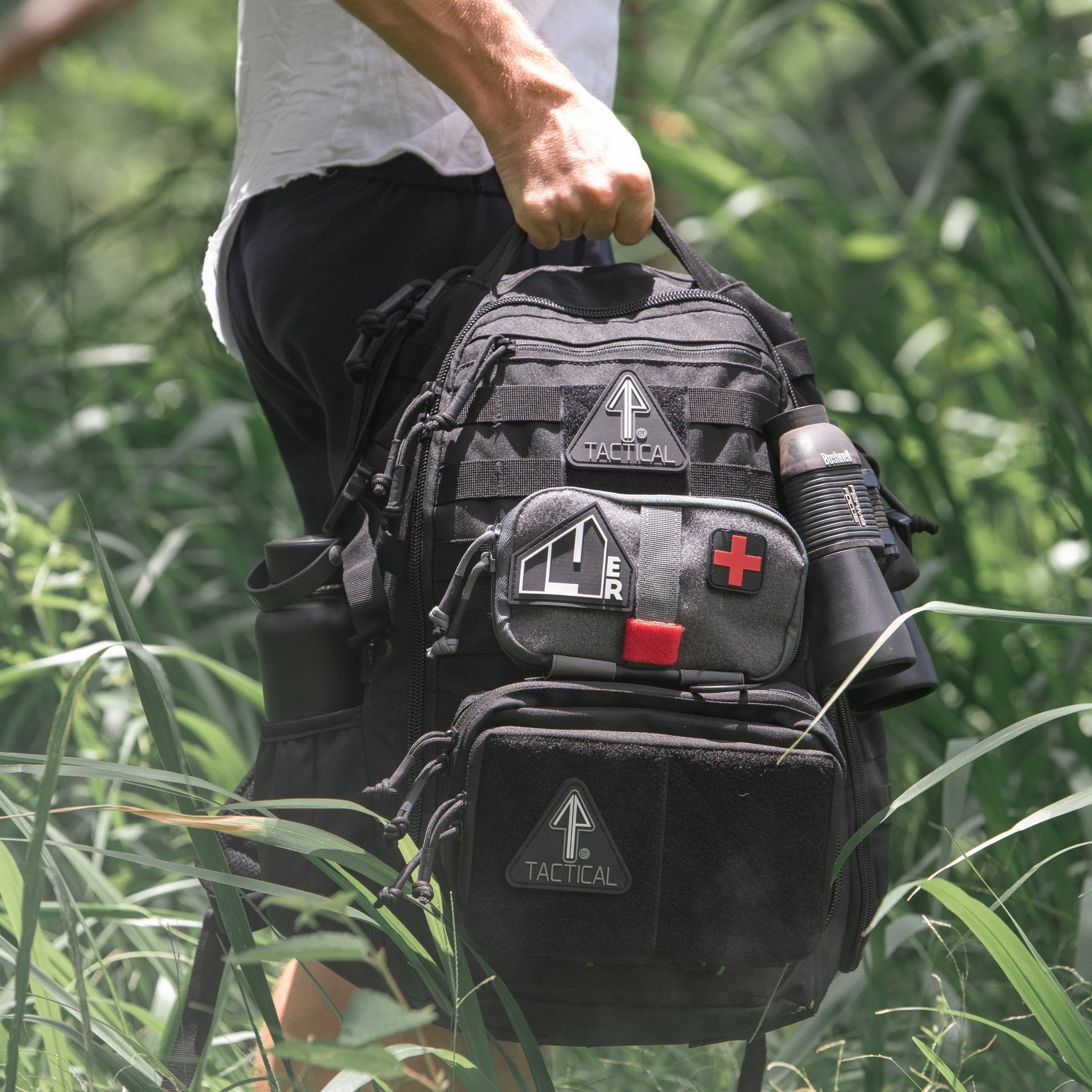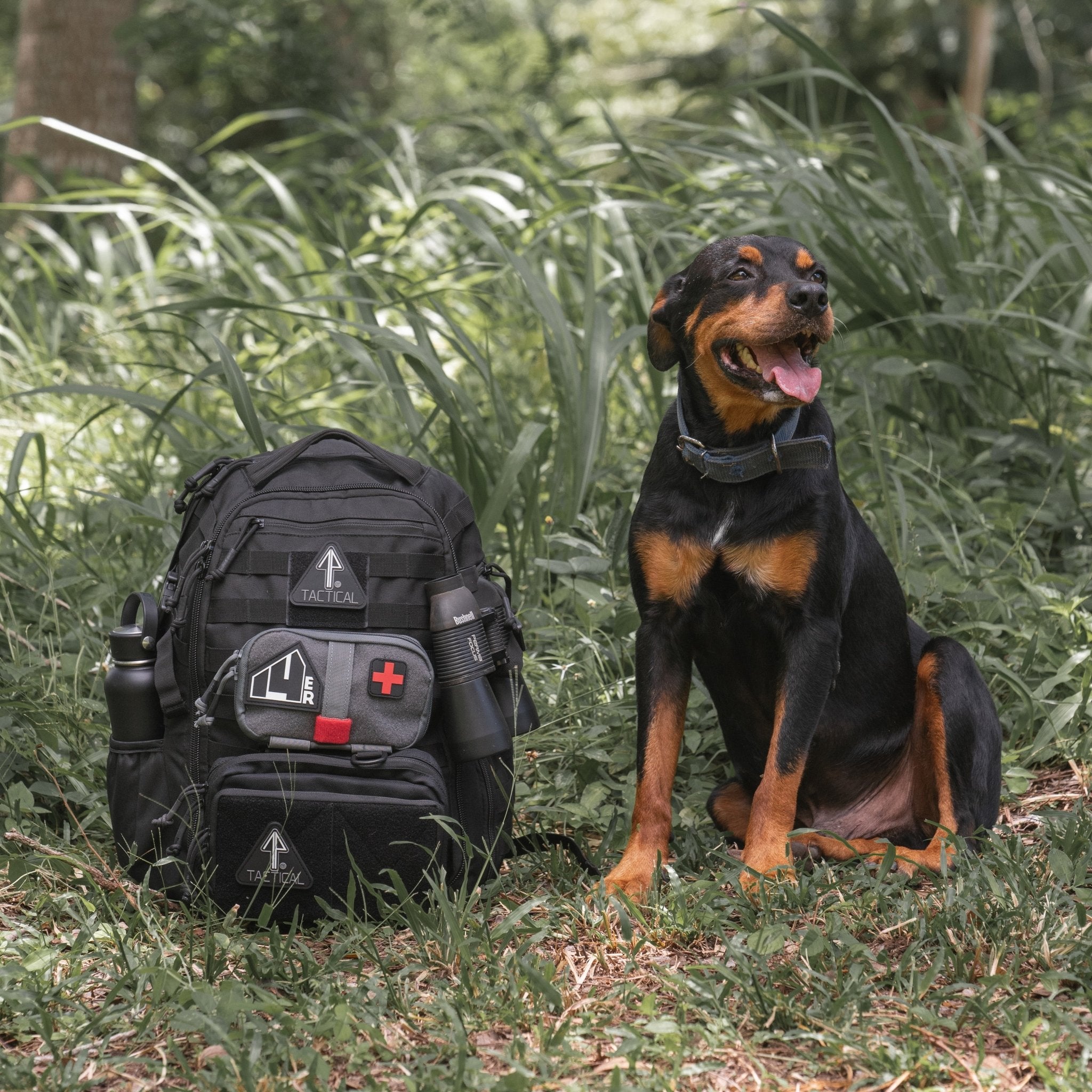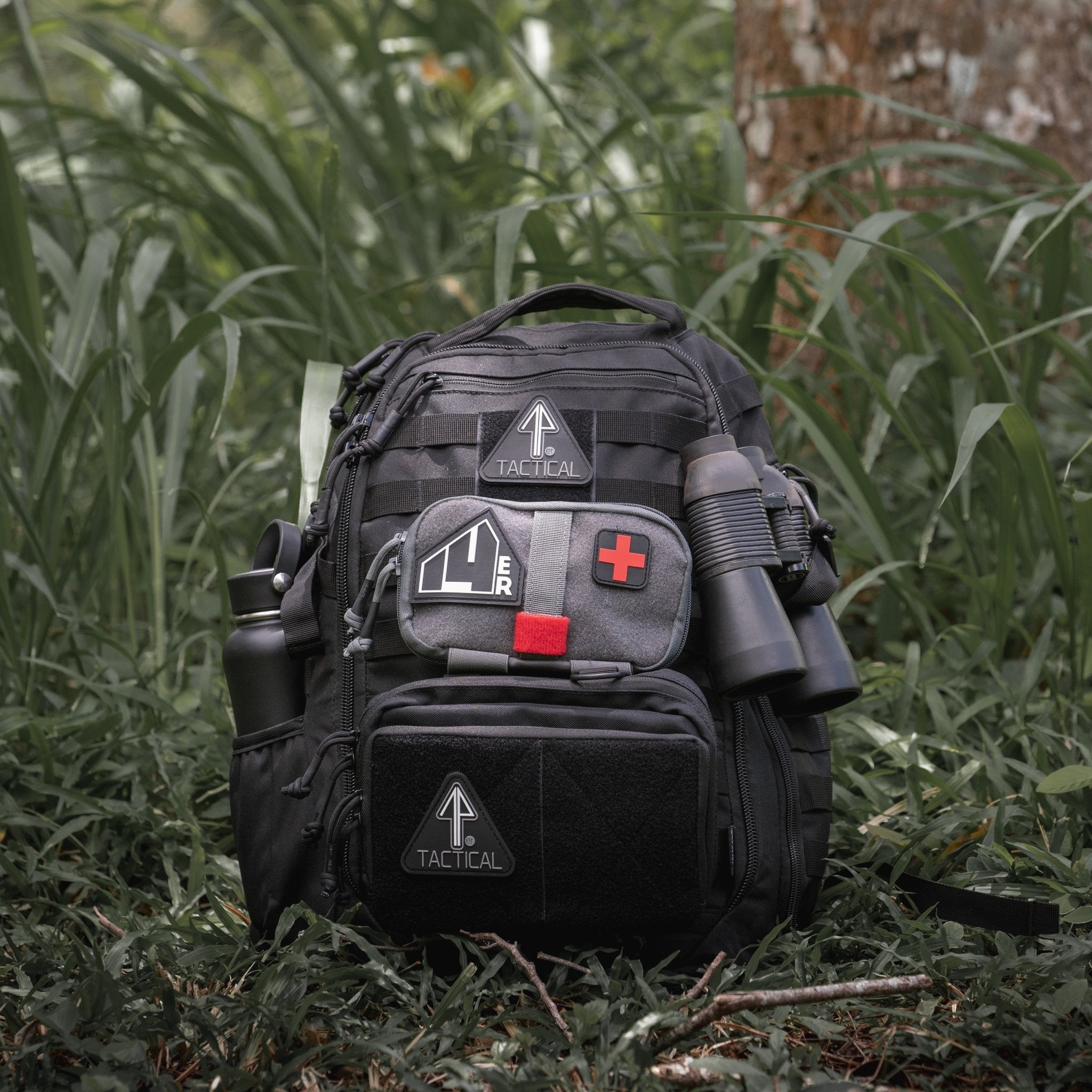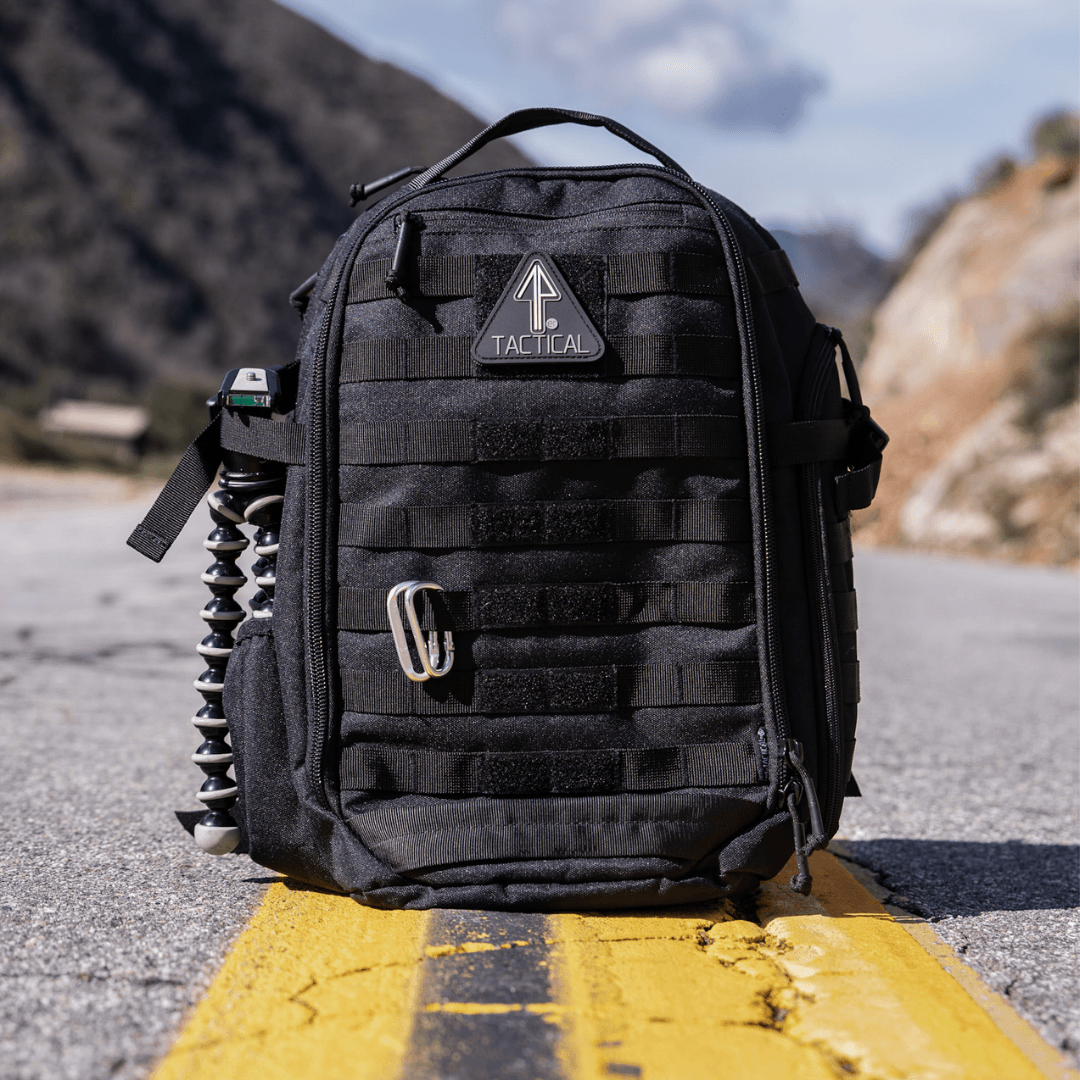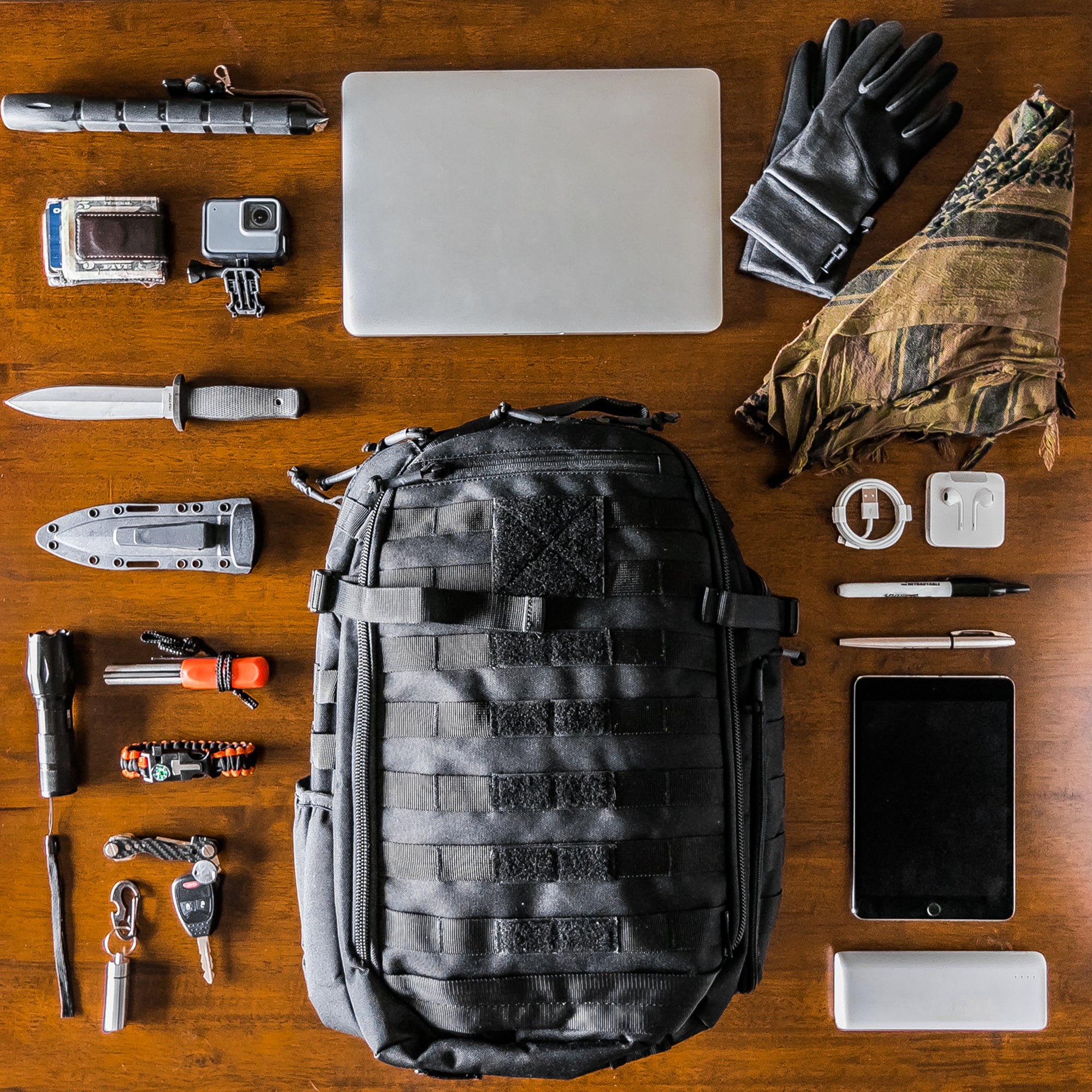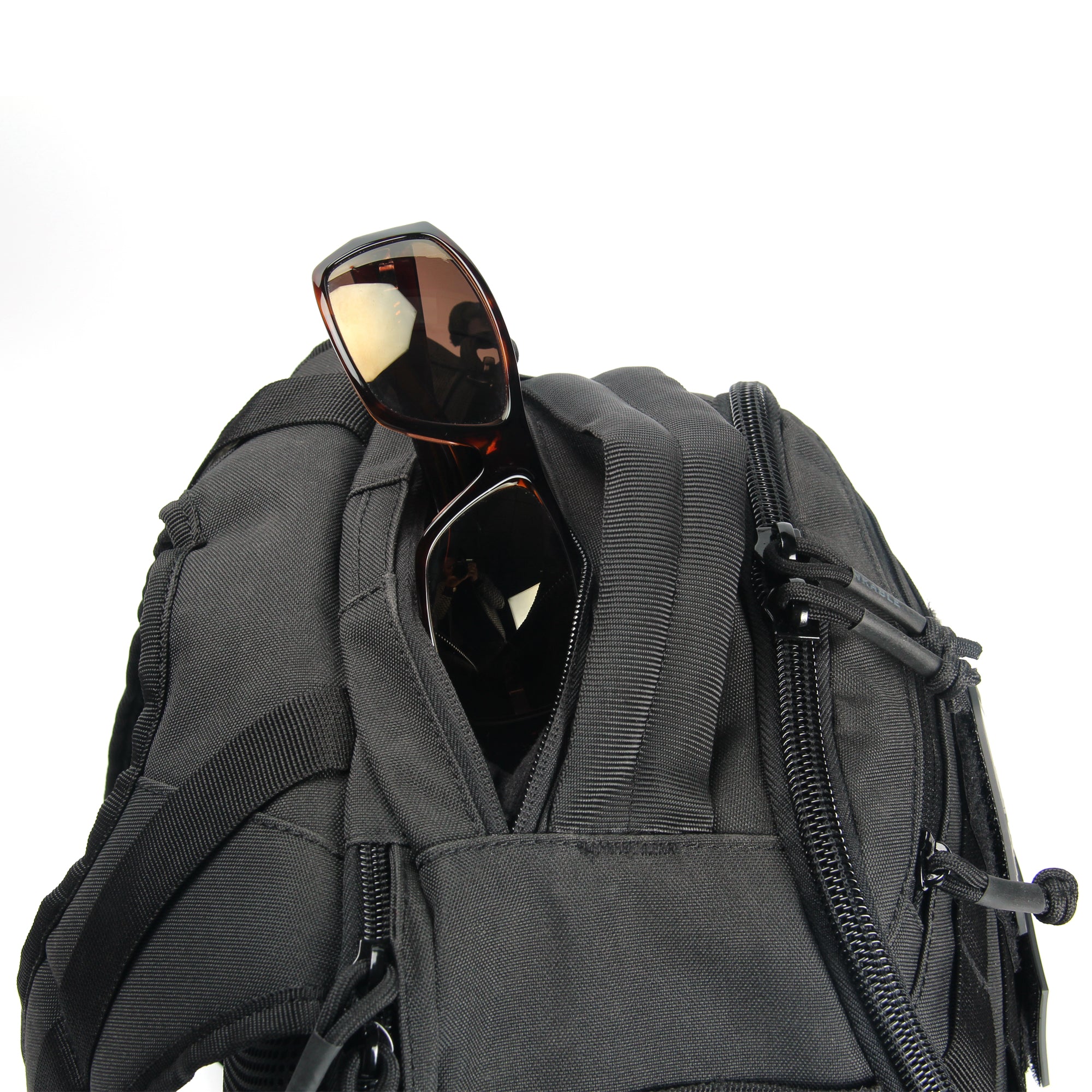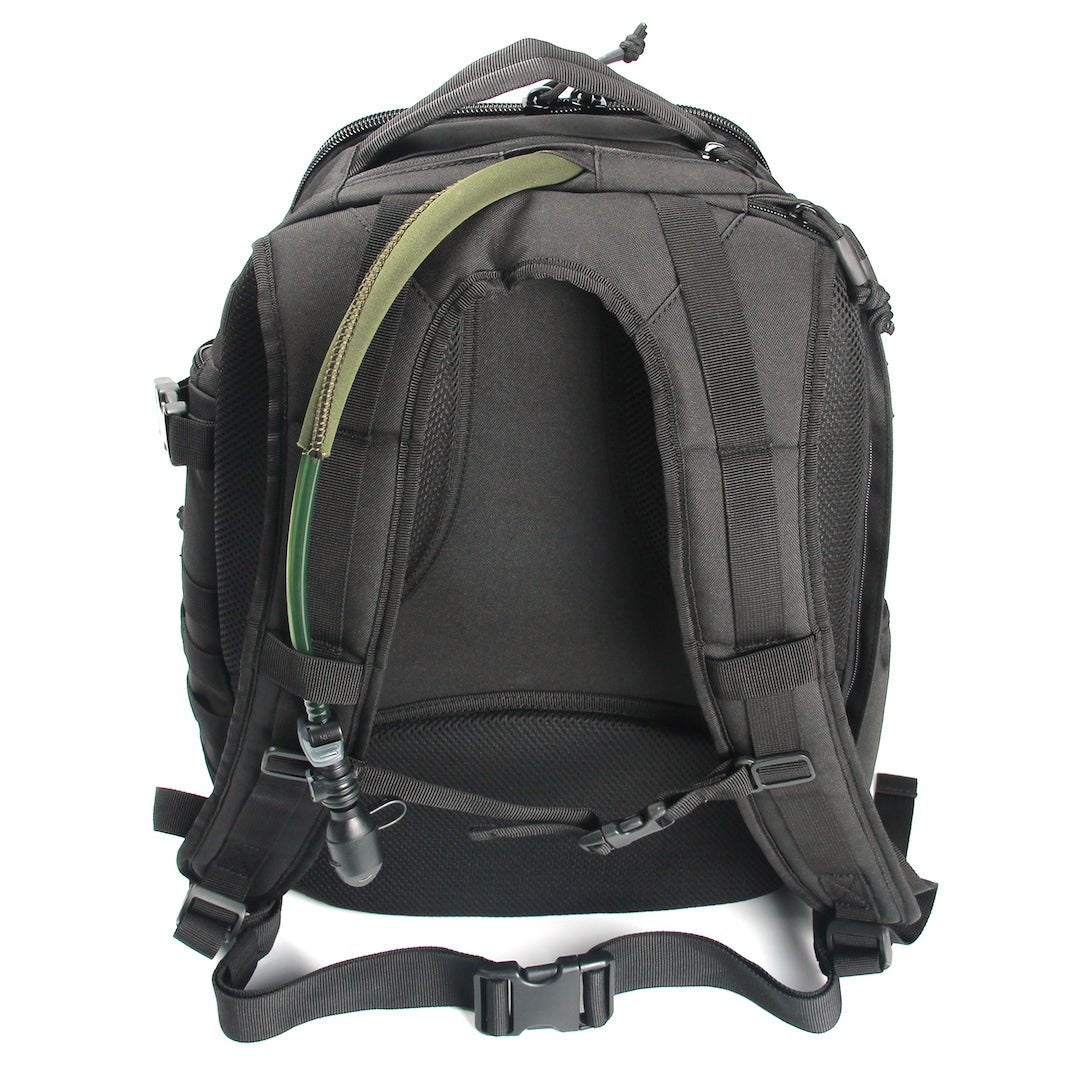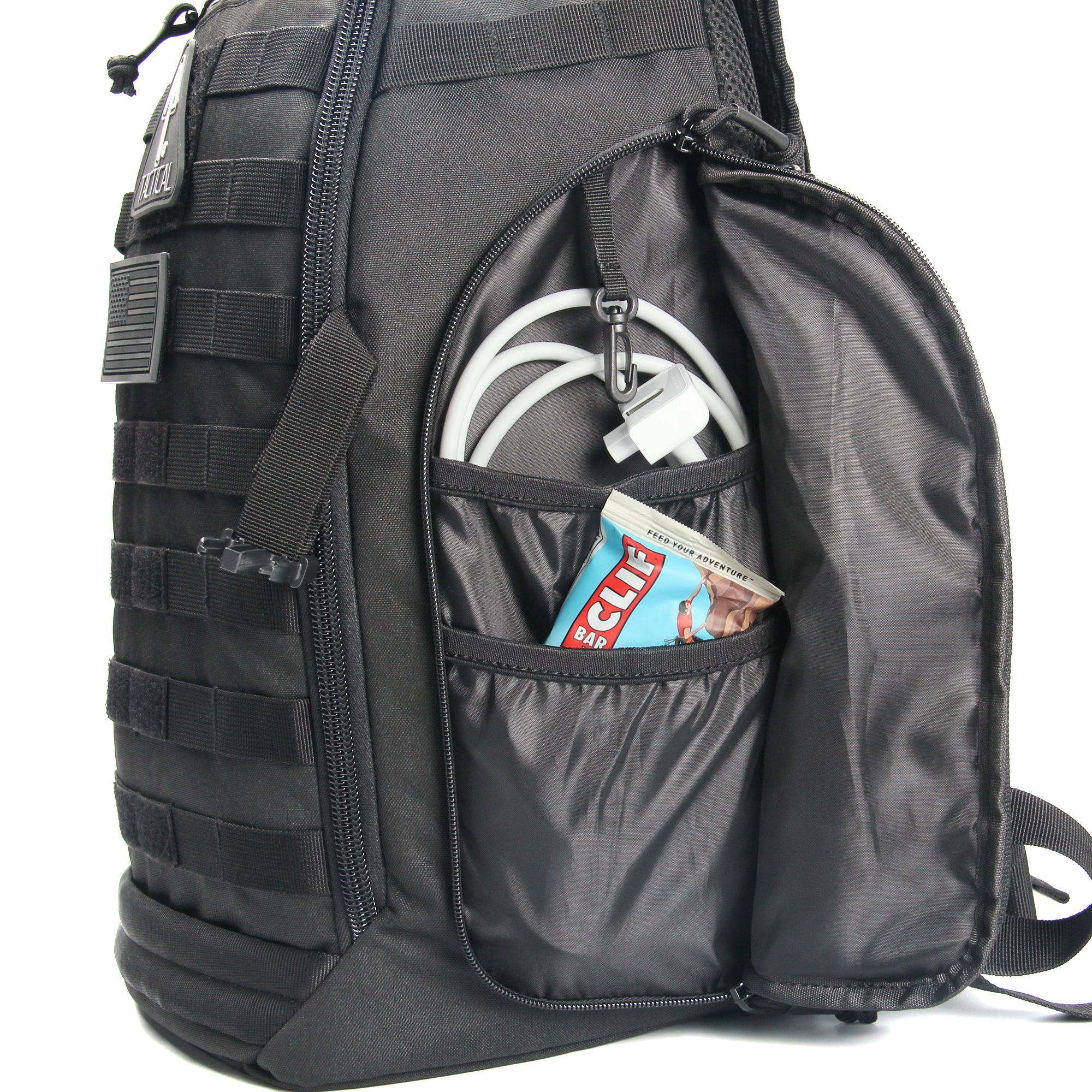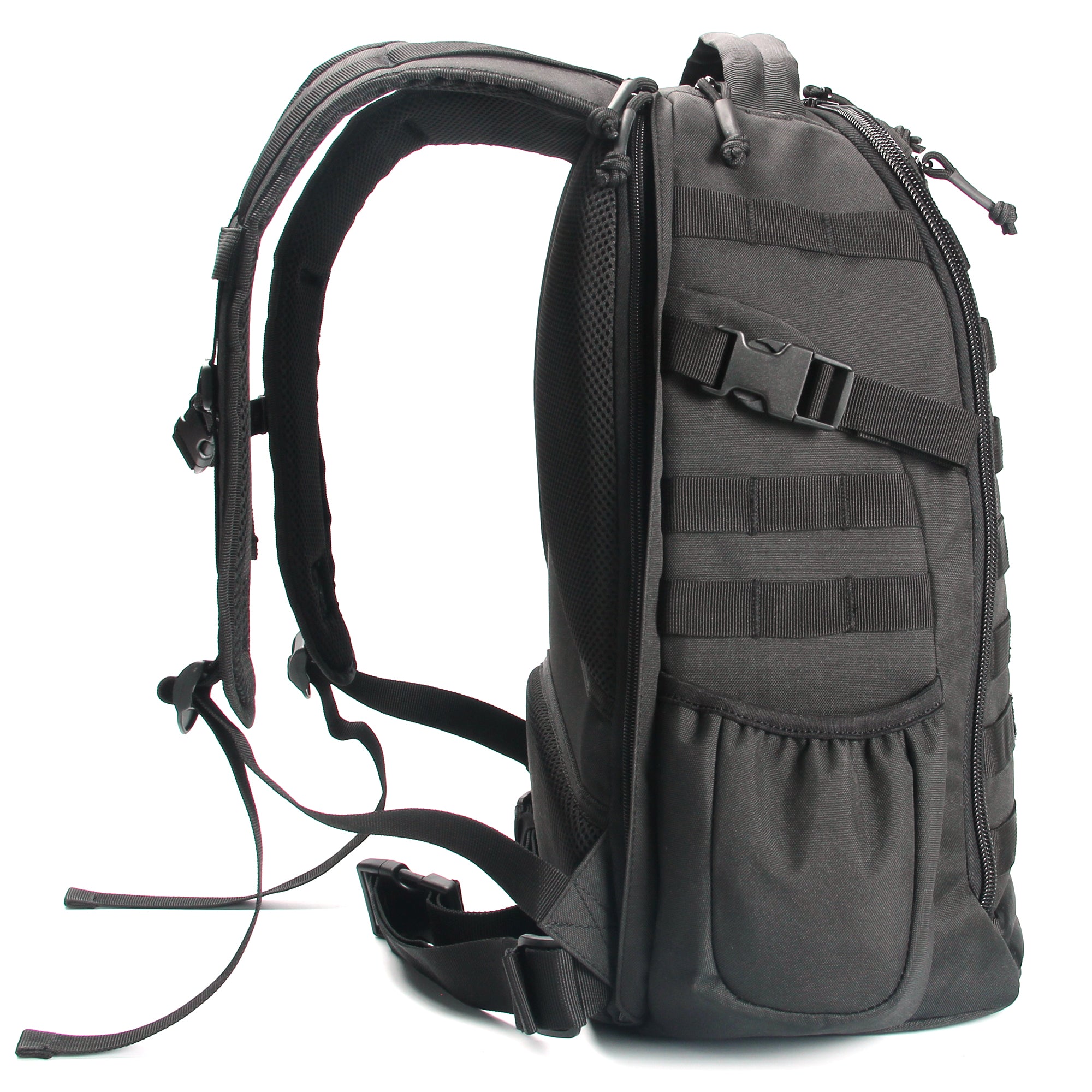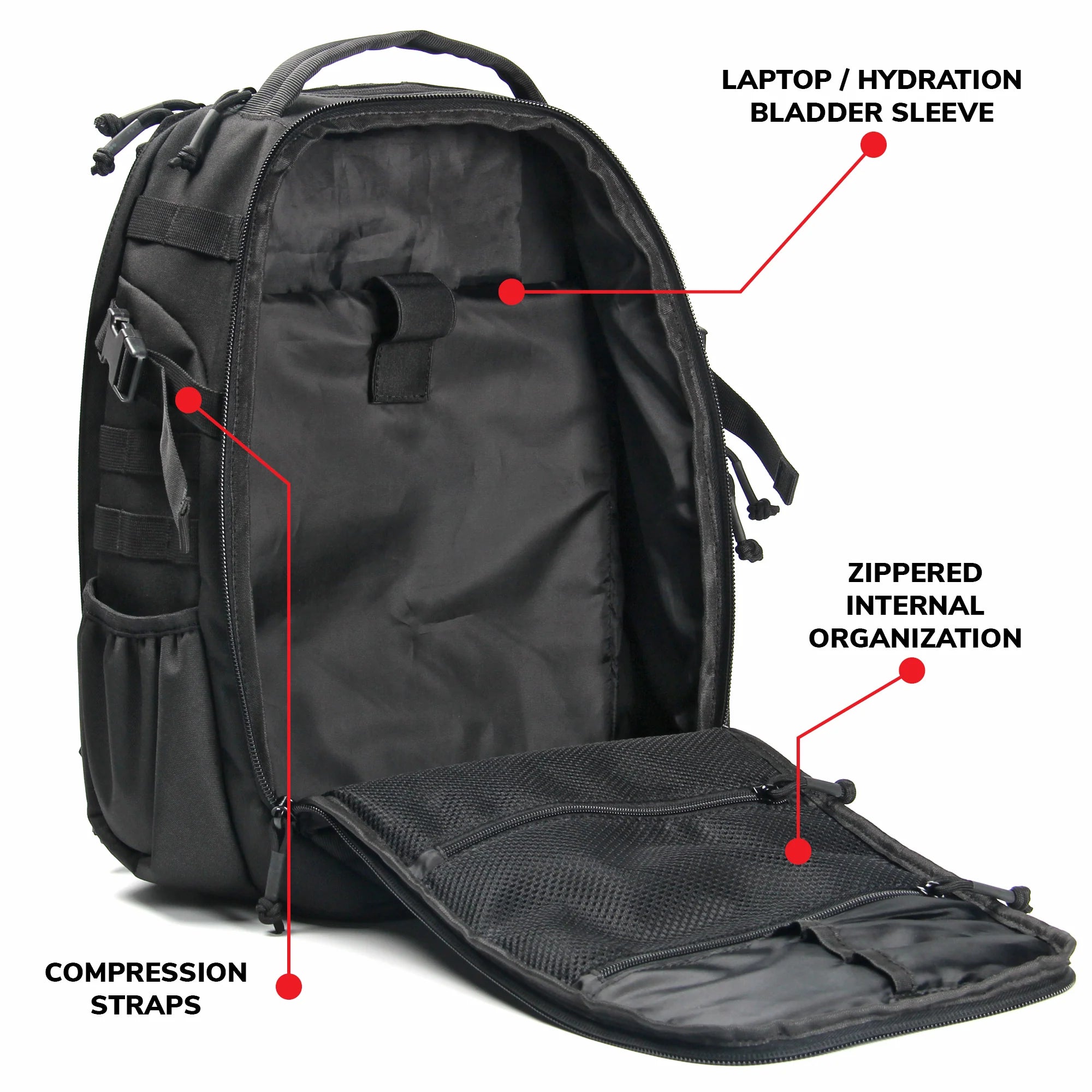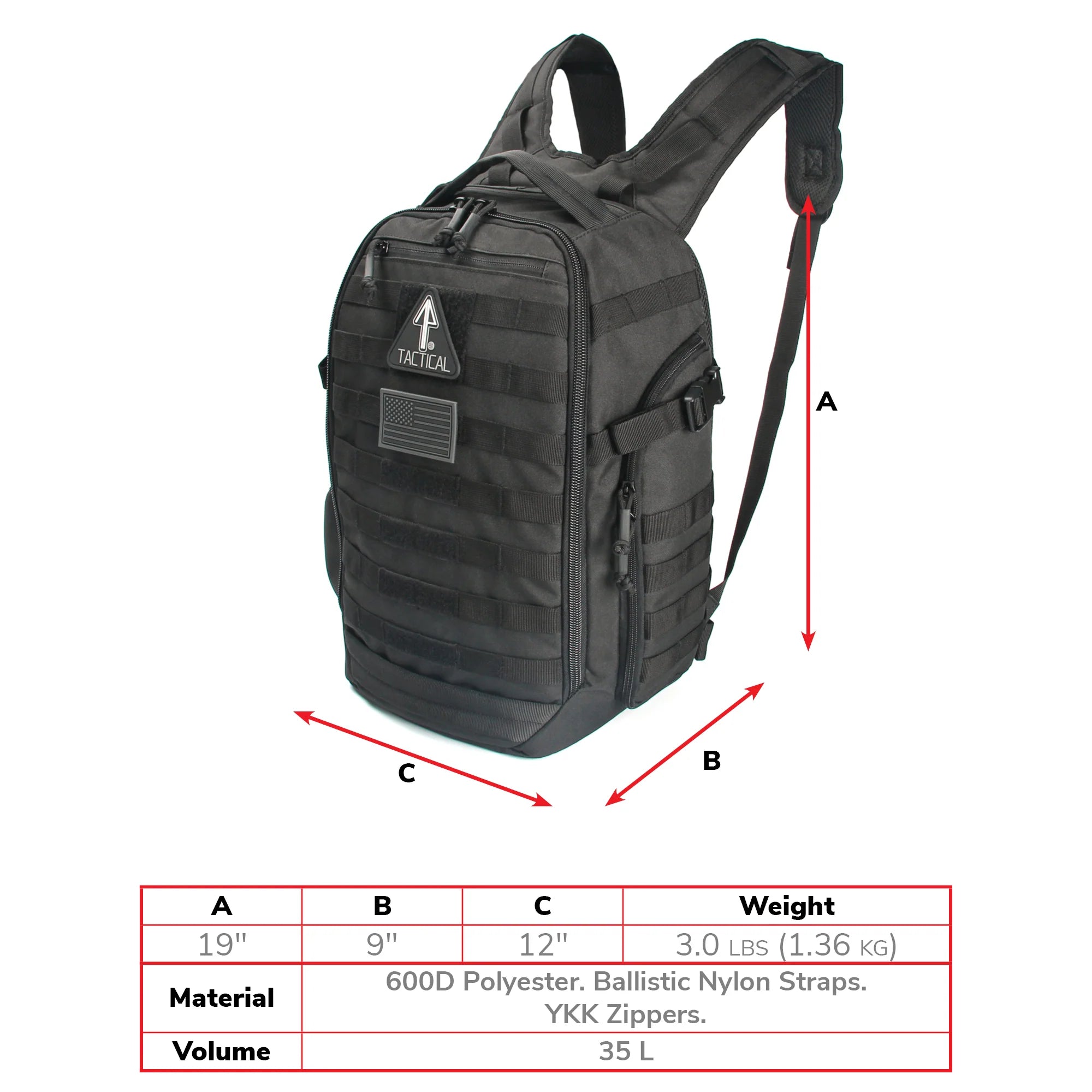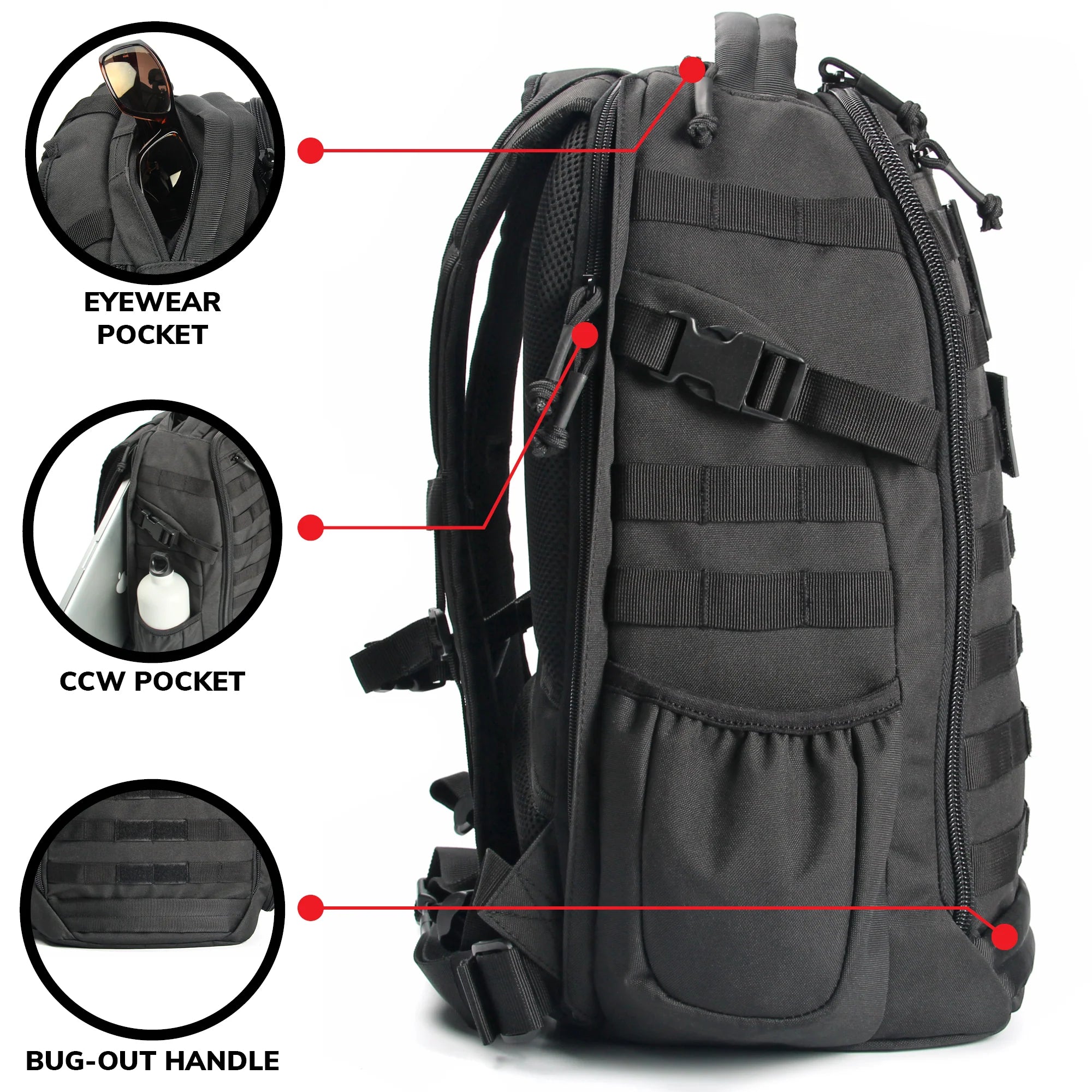
WHY DO YOU NEED TO MAINTAIN TACTICAL GEAR?
I know it’s easy. simple, really. you get back from a long day out in the world, covered in mud and grime. your gear, whether that be your range bag, your everyday carry, your ifak, your uniform, etc., is immediately flung into the trunk, and you, into the shower, then to bed. yeah, everything else is still dirty, but that can be taken care of another time. flash forward a few months, a year. guess what? your stuff is wrecked, torn, worn down. filthy. someone has to tell you: it smells like you sweat sewer water. You found out yesterday that your bulletproof vest isn’t so bulletproof. Ouch. Neglecting your gear will not only mean a dip in your bank account, but you will also sacrifice comfort, cleanliness, and equipment dependability when you need it most. Get it together
Don’t take your gear for granted, you paid good money for it. It does a lot for you.
This is an intervention. Please maintain your tactical gear!
WHAT DO YOU NEED TO START?

Thankfully, tactical gear maintenance doesn’t have to eat at your bank account. Although washing procedures may differ depending on the gear in question and what the gear has been exposed to, it is important to invest in a soft bristle brush, a brush with tougher bristles, and a mild soap. Any type of mild soap will work, but if you wish to concoct one from home, either 1) mix about a tablespoon of dish soap like Dawn or Ivory with a cup of water or 2) use warm water to dilute baking soda (one part baking soda to three parts water). Unless otherwise specified, avoid alcohol or bleach when cleaning your tactical gear. In sum, how to wash tactical gear is easy. Actually doing it is the hard part.
WHAT REGULAR MAINTENANCE NEEDS TO BE DONE?
Tactical gear maintenance must be done consistently; here are the things you should do at the end of each day.
HOW TO WASH TACTICAL GEAR BACKPACK?

I would recommend washing your gear once completely every couple of weeks, or more as needed. Before washing any sort of tactical gear, be sure to read the care instructions. Otherwise, you might be stuck investing in new gear anyway. For example, do not, under any circumstance, soak ballistic armor lest you be the one going ballistic. Water will ruin the armor’s ballistic properties.
Generally, follow these instructions: remove stains or dirt with a cloth. Then, create a bath with water and a washing product that won’t harm your gear. Insert and clean your gear. Afterwards, rinse the soap off with fresh water. Let the gear air dry.
Certain types of dirt, however, require certain kinds of care. I will outline general cleaning instructions depending on the type of “dirty” in question.
SALT: Beware, salt is one stone-cold killer: once it finds you, nobody is safe. Whether the salt is in water or your own sweat, it is imperative to clean salt of your gear because of its extremely corrosive qualities. Rinse your gear in fresh water before hanging it to dry. Clean every piece of equipment individually, and if applicable, remove, wipe, and leave batteries to dry as well. Once the gear is dry, remove the dry salt off with a soft-bristle brush.
MUD: Rinse your gear in fresh water, then hang it to dry. Use a hard-bristle brush to remove the dirt.
SAND: If you’re surviving in the desert, you are no stranger to sand and sweat. Every day that you are out with your gear, brush it with a soft-bristle brush, and allow the stench of sweat to air out. Wipe the contents down, and try to get all the sand out (what would you rather: sand or glitter?). Rinse the gear and allow it to dry at your soonest convenience.

RE: WATERPROOFING?
Since nothing is completely waterproof, waterproofing your gear is another component of tactical gear maintenance. It is important to continually spray items that are waterproof or water-resistant with a waterproofing spray like this one so that your gear remains protected from the elements as times goes on.
PROPER STORAGE?
In terms of gear maintenance, other than how to wash tactical gear, it is crucial to know what to do with your gear in the interim. While gear is wet, leave it to dry in an open space, ideally out of the sun to keep colors vibrant. Leave ballistic vests and the like to hang up over night rather than shoved into a closet. As a general rule, treat your gear like you would a pet gerbil: let it breathe in open air instead of crushed under your gym bag in the trunk of your car.


